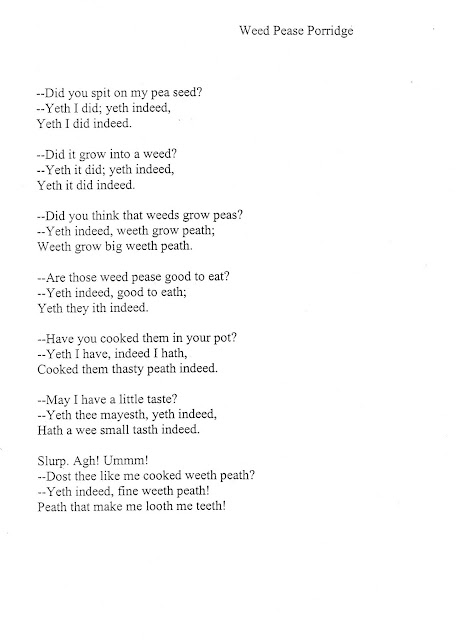Nathan Altman
Федор Тютчев
(1803-1873)
Тени сизые смесились,
Цвет поблекнул, звук уснул —
Жизнь, движенье разрешились
В сумрак зыбкий, в дальний гул…
Мотылька полет незримый
Слышен в воздухе ночном…
Час тоски невыразимой!..
Всё во мне, и я во всем!..
Сумрак тихий, сумрак сонный,
Лейся в глубь моей души,
Тихий, томный, благовонный,
Все залей и утиши —
Чувства мглой самозабвенья
Переполни через край!..
Дай вкусить уничтоженья,
С миром дремлющим смешай!
1830s
Literal Translation
Dove-blue shadows blended,
The blossom faded, sound
went to sleep.
Life, movement were
resolved
Into a quavering
twilight, a faraway hum…
The unseen flight of a
moth
Could be heard in the
night air…
The hour of ineffable
anguish!
Everything is in me, and
I am in everything!
Twilight silent,
twilight sleepy,
Flow into the depths of
my soul,
Silent, languid,
fragrant,
Wash over everything and
quiet it.
With the murk of self-forgetfulness
Fill up my feelings over
the brim!
Give me to taste
annihilation,
Blend [me] with the
drowsing world!
Literary Translation/Adaptation by U.R. Bowie
Blended were the shadows
dove-blue,
Blossoms faded, sounds
sleep sought.
Stilled life, pure motion
hitherto,
In gloaming quailed,
droned on distraught.
A moth unseen in flight
hummed by,
Cast o’er the night his
grievous pall.
An anguish untold, gloom’s
soft sigh,
And all in me, and I in
all!
Gloaming silent,
twilight sleepy,
Into my soul’s deep sanctum
flow,
Silent, languid,
fragrant deeply,
Wash and soothe the wear
and woe.
With abnegation’s murk
the cup
Of feelings fill to
apogee.
Extinction’s honeydew I’ll
sup,
With somnolence commingle
me!
d
Translation by Vladimir Nabokov
Dusk
Now the ashen shadows
mingle,
Tints are faded, sounds
remote.
Life has dwindled to a
single
Vague reverberating
note.
In the dusk I hear the
humming
Of a moth I cannot see.
Whence is this
oppression coming?
I’m in all, and all’s in
me.
Gloom so dreamy, gloom
so lulling,
Flow into my deepest
deep,
Flow, ambrosial and
dulling,
Steeping everything in
sleep.
With oblivion’s
obscuration
Fill my senses to the
brim,
Make me taste
obliteration,
In this dimness let me
dim.
Dates of translation:
1941-1944
From Vladimir Nabokov, Verses
and Versions (edited by Brian Boyd and Stanislav Shvabrin), Harcourt, 2008,
p. 251.
Note on Tolstoy and Tyutchev
Lev Tolstoy loved reading and re-reading Tyutchev's verse; he learned many of the poems by heart, including this one. In his diary (December 7, 1899) A.B. Goldenweiser writes how Tolstoy told him how much he loved "Blended were the shadows dove-blue" ("Dusk"), how he could not read it without weeping. Then he recited the poem aloud for Goldenweiser, "almost in a whisper, gasping and crying." See the two-volume Soviet collection of Tyutchev's verse (Moscow: Nauka, 1965), I, 366.
Consciously, or subconsciously, Tolstoy quoted from Tyutchev's poem in War and Peace, Vol. 4, Part 2, end of Ch. 14, lending the words to the imagination of Pierre Bezukhov, who is among Russian captives marching along with the retreating French army:
"The enormous, endless bivouac, noisy earlier with the loud crackling of campfires and the conversation of men, was growing still; the red flames of the campfires were dying out and turning pale. The full moon hung high in the bright sky. Invisible earlier past the bounds of the camp, forests and fields now opened out in the distance. And farther on, beyond these forests and fields, was the bright, wavering, endless distance calling one to blend with itself. Pierre looked into the sky, into the depths of the retreating, scintillating stars. 'And all of this is mine, and all of this is in me, and all of this is me!' thought Pierre. 'And all of this they've caught and stuck in a shed and boarded it up!' He smiled and went off to join his comrades, to lie down and sleep."
Aleksei Aronov








